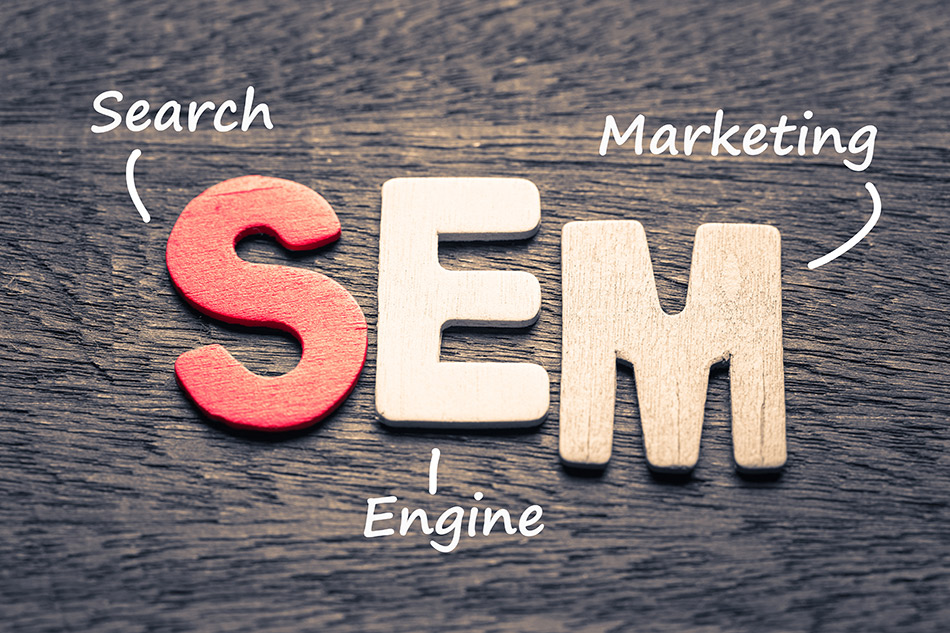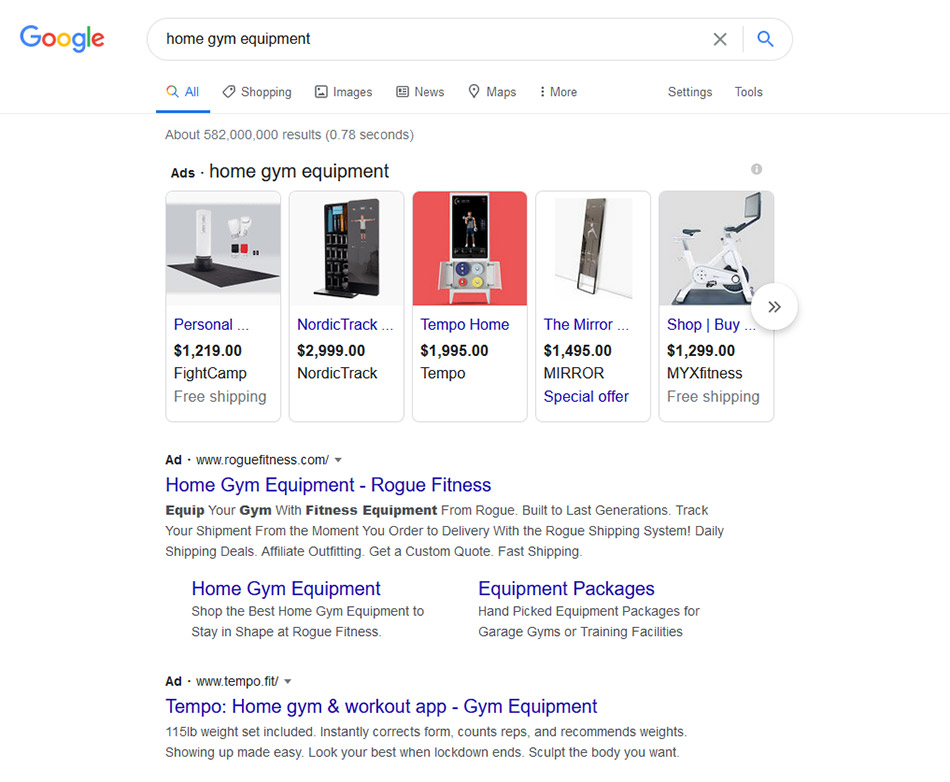The Search Is Over: Search Engine Marketing Explained
– By #Robert Sharp & Associates

You started a business. You’ve got a product or service that a segment of the population needs, and you need that segment to find you so they can experience the life-changing benefits of that product or service.
Enter SEM, or Search Engine Marketing- the marketing strategy that’s going to help turn those people into loyal customers and your business into a smashing success. Sounds great, but what is it? How’s it done?
You’re about to find out.What is SEM?
SEM or Search Engine Marketing is the process of increasing the visibility of websites in search engine results pages (or SERPs) through paid advertising. Placing one of these Pay-Per-Click (PPC) ads is done by bidding on keywords folks might type into their preferred search engine when searching for products or services like yours. Advertisers pay a fee each time one of their ads is clicked.

These ads can take the form of text-based ads or the more visual form of product-listing ads, which allow consumers to see info like price, special offers, and more at a glance.
SEM is a crucial part of your digital marketing strategy because it places your advertisements in front of consumers at the exact moment they’re about to buy. The crucial timing of these placements is exclusive to SEM, which is what makes it such a powerful advertising medium.
Is it the Same Thing as SEO?
No, it’s not.
For the most part, “SEM” refers to the system of businesses paying Google to show their advertisements in the SERPs.
Search engine optimization, or SEO, is the process of optimizing your website with the goal of boosting your ranking in Google’s SERPs for chosen keywords and increasing your organic (or unpaid) web traffic, rather than paying Google for web traffic and clicks.

Your digital marketing strategy should include both SEO and SEM. SEO for getting customers into the top of your sales funnel, and SEM to drive conversions when they’re ready to buy.
How Do I Find Keywords?
If you’re going to be bidding on keywords with your hard earned cash, you’re going to want to be as sure as possible they’re going to be the keywords that’ll get your ads in front of the right people. That’s why you’re going to need to conduct extensive Keyword Research.
That starts by identifying keywords relevant to your business that most likely match the keywords used by your future customers when they’re0 searching Google for the products or services your business provides.
You can use Google’s free Keyword Planner tool to help you conduct that research.
Keyword research isn’t a one and done process. Search language is ever-evolving, as is your audience’s search intent, so you should always revisit your terms whenever you’re thinking about producing new web content.
I’ve found my keywords. Now what?
You’re ready to enter the auction floor, so to speak. People often think the key to winning at SEM is being the business with the largest advertising budget. While a larger budget can be beneficial, it’s far from a prerequisite for SEM success. That’s because all ads go through a process known as the ad auction before appearing alongside search results.
According to Google, there are three main factors in the ad auction that determine which ads appear, and in what order:
Your bid - When you place your bid, you're stating the maximum amount you're willing to pay for a click on your ad. The amount you end up paying is often less, and you can change your bid amount whenever you want.
Your ad quality - Google Ads looks at how relevant and useful your ad and the website it links to are to the person who'll see it. The assessment of your ad’s quality is summarized in your Quality Score, which you can monitor and refine in your Google Ads account.
Expected impact from ad extensions - When you create your ad, you can include additional information with your ad, such as a phone number, or more links to pages on your site. These are called ad extensions. Google Ads estimates how extensions will impact your ad's performance.
So if your competition has higher bids than yours, you can win a higher position at a lower price by using highly relevant keywords, ads, and extensions.
Together, these three factors determine when and if your ads will appear to your potential customers.

If you’re looking to grow your business through SEM, the process can seem daunting, and is definitely time consuming. Rather than take the plunge yourself, it’s best to consult the help of an experienced professional.
Contact the digital marketing professionals at Robert Sharp & Associates at 605-341-2226!
Our team stays up-to-date on the latest industry trends and spends the time to get to know your business in order to maximize your ad potential.
Interested in seeing what we can do for you and your business with Search Engine Marketing?
Contact us
... for a free quote!
Last Modified:


